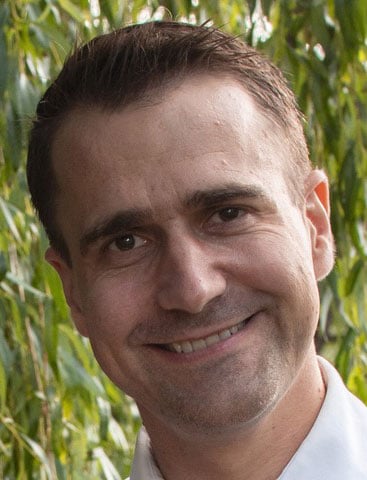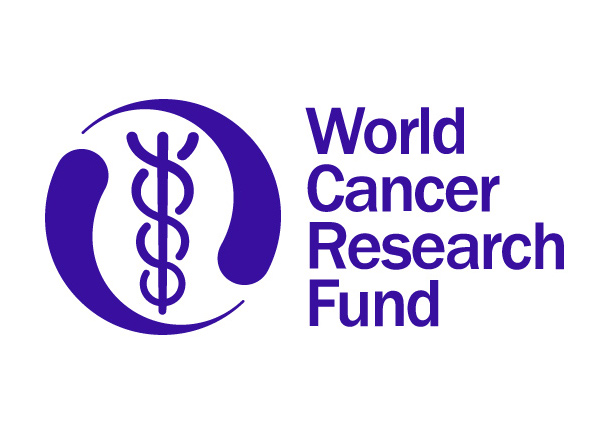We wish to express our immense gratitude for the fantastic support from WCRF to examine biological mechanisms underpinning the interaction between physical exercise training and medical and surgical anti-cancer treatment in patients with gastro-esophageal cancer
– Jesper Frank Christensen
Background
Patients with cancer in the oesophagus or stomach have poor prognoses, with only one-third of all newly diagnosed patients with localised disease living more than three years, and the only chance for long-term survival is successful removal of the entire tumour by surgery.
Due to the anatomical position of the tumour, patients receive chemotherapy before surgery to shrink the tumour, thus optimising the chance of a complete resection. However, during this preoperative period, there is a risk of disease progression and physical deterioration precluding surgery.
In a recent pilot study, we found that it was safe and feasible for these patients to perform high-intensity exercise during chemotherapy before surgery. Moreover, patients who performed exercise improved their fitness and muscle strength, and reported fewer symptoms from treatment, and there was a higher proportion of patients in the exercise group who reached surgery compared with a non-exercising control group.
Aims and objectives
We have launched a large randomised trial to examine:
- If preoperative exercise training can increase the chance for patients with cancer in the oesophagus or stomach to reach surgery.
- If this translates into improved long-term survival.
Within this trial, we further wish to elucidate the mechanisms that might be responsible for improvements in cancer outcomes due to exercise.
We hypothesise that structured exercise training will improve how well the treatment is tolerated as well as how efficient the treatment is, and we propose that such an improvement could be mediated by the following mechanisms.
- Exercise may regulate patients’ blood volume and ability to distribute blood between organs, which is important to withstand blood loss and poor blood perfusion during surgery.
- Exercise may regulate the different types of cells within the tumour, which could lead to a more favourable tumour composition, slowing progression and improving the response to chemotherapy.
- Exercise may boost both the number and activity of patients’ immune cells, which may counteract the immunosuppressive effects by chemotherapy.
How it will be done
Patients will be randomised into a training intervention or ‘usual care’ group. The training intervention will comprise two weekly sessions of high-intensity aerobic and resistance training during neo-adjuvant chemotherapy.
The primary endpoint will be risk of treatment failure, defined as the proportion of patients precluded from surgery, while the key secondary endpoints will include three-year overall survival, post-operative complication risk, and health-related quality of life.
Moreover, we will evaluate blood volume and biochemistry, perform a detailed analysis of the patients’ immune cell populations, as well as use the cellular composition of the tumours to address the specific aims of this project.
Potential impact
This project comprises a unique translational initiative bridging frontline clinical research and basic science within exercise and cancer. The project is among the first worldwide to explore the effects of exercise training before cancer surgery on mechanistic endpoints in a clinical setting.
Thus, our multidisciplinary collaboration and infrastructure provides an ideal setup to explore the mechanistic interplay between physical exercise and conventional cancer management and treatment.



